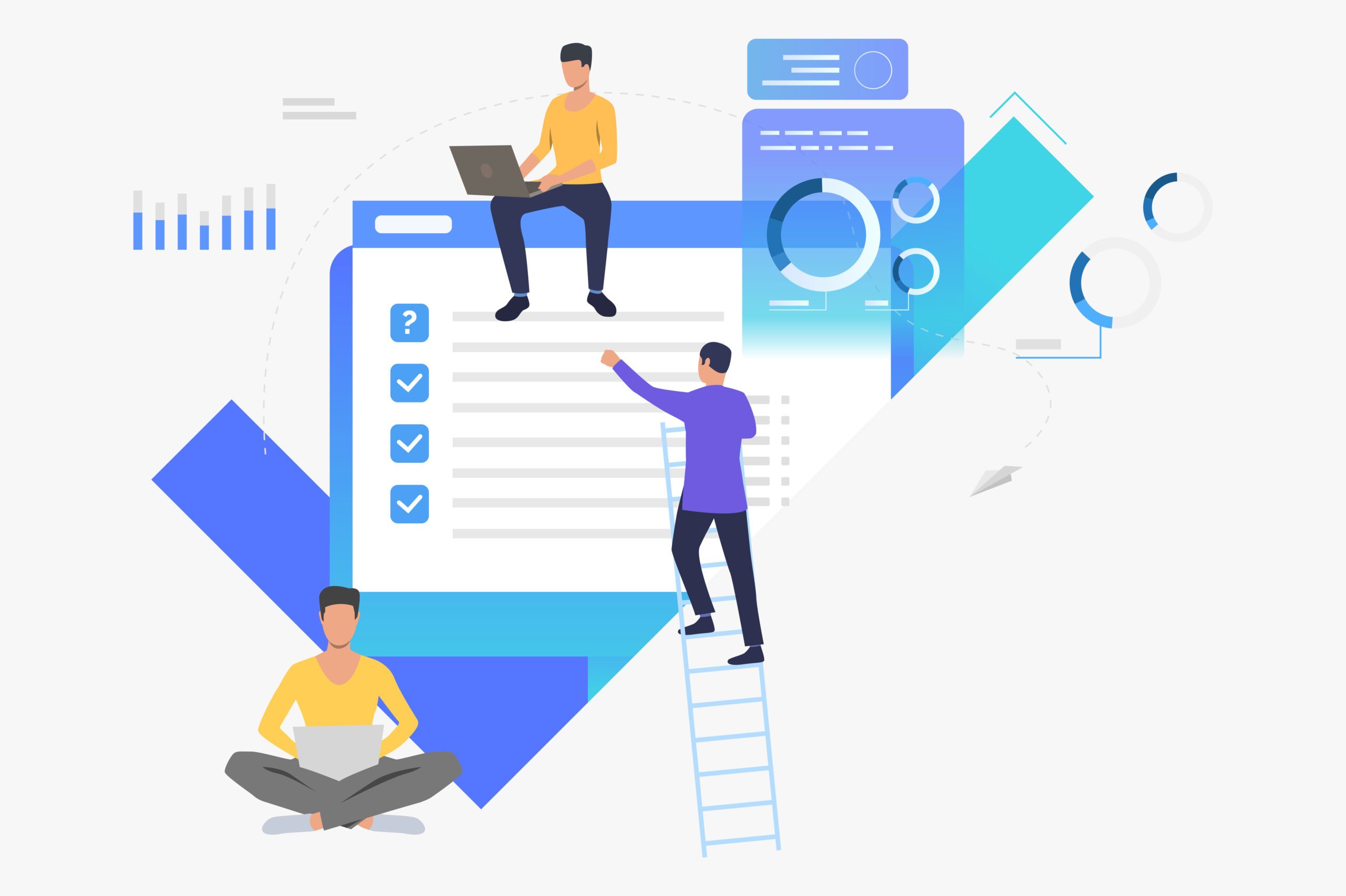In today’s fast-paced business landscape, Human Resource Management Systems (HRMS) have become indispensable tools for organizations of all sizes. For Indian businesses, selecting the right HRMS is crucial, given the diverse workforce and specific regulatory requirements. To help you make an informed decision, we’ll explore the key features you should look for when choosing an HRMS for your Indian business.
1. Payroll Management
One of the fundamental functions of an HRMS is payroll management. Look for a system that can handle complex Indian payroll calculations, statutory deductions, and compliance with local tax regulations. It should also support features like automated salary processing and tax reporting.
2. Leave and Attendance Management
Efficient leave and attendance management are essential for ensuring a smooth workflow. Your HRMS should allow employees to request leaves, track attendance, and provide real-time information on leave balances. This feature is particularly vital in the Indian context where leave policies can vary widely.
3. Statutory Compliance
India has a complex web of labor laws and statutory compliance requirements. Your HRMS should be equipped to handle PF (Provident Fund), ESI (Employee State Insurance), PT (Professional Tax), and other statutory deductions. It should also generate compliance reports for audit purposes.
4. Employee Self-Service (ESS)
Empower your employees by providing them with self-service capabilities. ESS portals allow employees to access their payslips, apply for leaves, and update personal information, reducing HR’s administrative workload.
5. Recruitment and Onboarding
A comprehensive HRMS should support the entire employee lifecycle, starting with recruitment. Look for features like applicant tracking, interview scheduling, and digital onboarding to simplify the hiring process.
6. Performance Management
Effective performance management is key to employee development. An HRMS should enable you to set goals, conduct appraisals, and provide feedback to help your employees grow professionally.
7. Training and Development
Investing in employee training is essential for business growth. Your HRMS should include tools for identifying training needs, tracking progress, and evaluating the effectiveness of training programs.
8. Data Security and Privacy
Protecting sensitive employee data is a top priority. Ensure that your HRMS complies with data protection regulations like GDPR and includes robust security features to safeguard information.
9. Integration Capabilities
Your HRMS should seamlessly integrate with other software your organization uses, such as accounting, attendance systems, and email. This ensures data consistency and reduces manual data entry.
10. Customization and Scalability
Every business is unique, and your HRMS should reflect that. Look for a system that allows customization to adapt to your specific needs. Additionally, consider the scalability of the HRMS to accommodate your company’s future growth.
11. Mobile Accessibility
In an increasingly mobile world, employees expect to access HR information on their smartphones. Ensure your HRMS offers a mobile app or responsive web design for easy access on the go.
12. Support and Training
Lastly, choose an HRMS provider that offers robust customer support and training resources. Adequate support ensures that you can resolve issues promptly and maximize the value of your HRMS.
In conclusion, selecting the right HRMS for your Indian business is a strategic decision that can significantly impact your HR operations and overall business efficiency. By prioritizing these key features, you’ll be well on your way to unlocking the full potential of your HR management system in India. Make your choice wisely, and watch your HR processes streamline and evolve to meet the unique needs of your organization.

